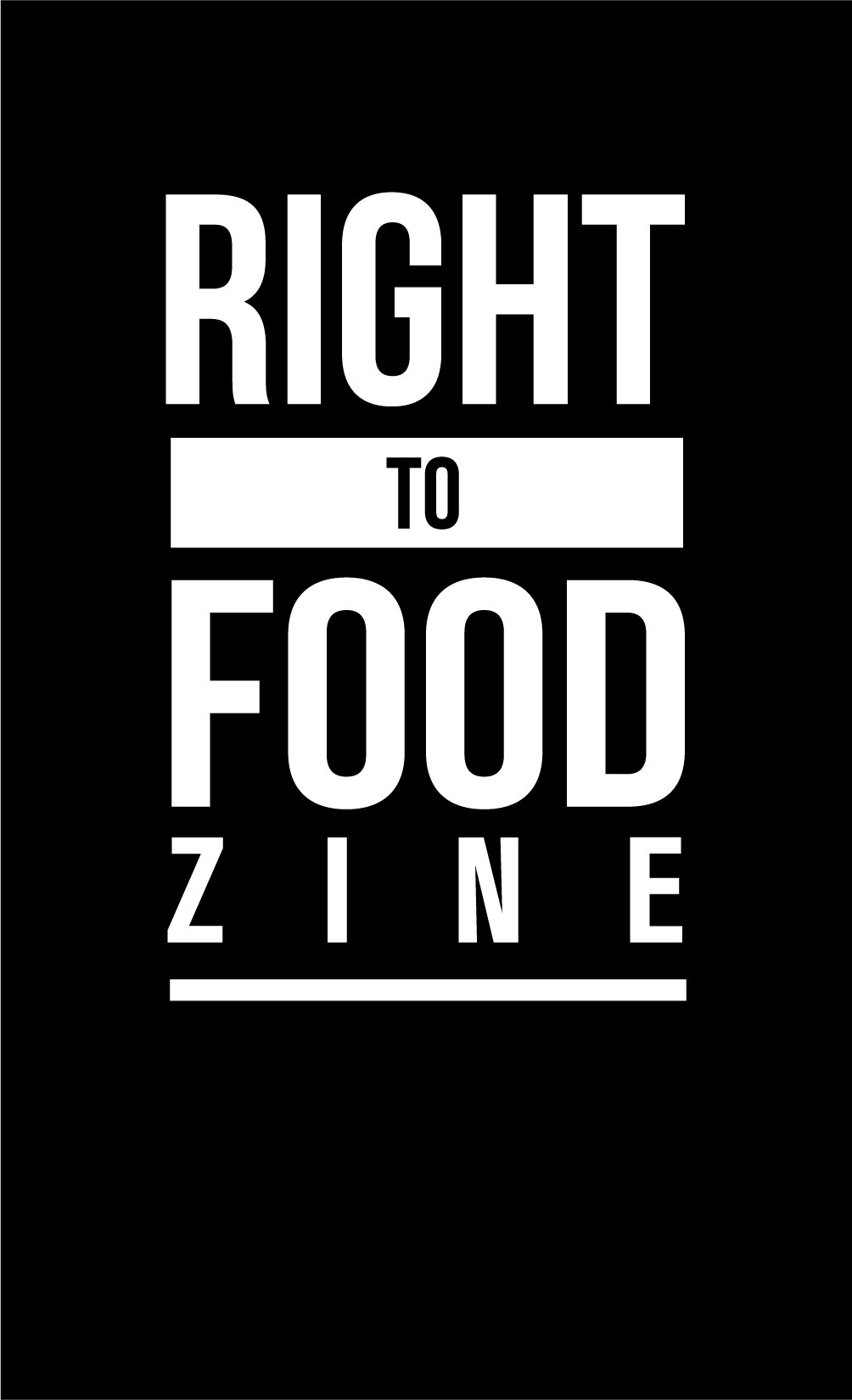The Charity Model, a Weak Reaction to Hunger in Canada
by dm gillis
C H A R I T Y: kindness and pity in one tidy act of giving, addressing needs that shouldn’t exist in our wealthy nation, and providing the giver with a warm and satisfying feeling.
Sadly, the much coveted charity model, and a sorry system of government welfare, appear to be as close as we’ll allow ourselves to get to an equitable redistribution of wealth. It also provides the charitable license to cast mild, if unconscious, shame upon recipients while preserving expectations of cheerful and unqualified gratitude. The giver gets this, and a tax deduction along with bragging rights. Maybe even a place in Heaven.
The emphasis of this brief article is limited to food insecurity in Canada, the harsh income disparities that cause it, and how we might mitigate their impact on those effected by hunger—people facing barriers to employment, the underemployed, seniors, many people with disabilities and others. And don’t forget child poverty. They live with hunger and malnutrition every day, and our nation’s inadequate reaction is absolutely necessary to the maintenance of a charity model that fails to effectively address this injustice.
If you’re a fan of the charity model, however, no worries. Food insecurity isn’t likely to end in Canada anytime soon. Nor are the profound feelings of isolation, humiliation and physical pain it causes. Indeed, it’s likely that charity will remain one of our most robust reactions to the manufactured social and financial gaps that cause such severe hardship.
Good hearted folks will continue to put change into coin boxes, food into grocery store foodbank boxes and make year-end donations. Meanwhile, the self-congratulatory cult of the corporate executive will continue to create vast charitable facades, costing them nearly nothing, and supported primarily by their customers (think McDonalds and Donald Trump). For big business, charity will continue to be a thrifty form of brand enhancement, and their need for cheap branding remains never ending.
If we wanted to, though, could we eliminate poverty and hunger in Canada, by stepping away from our reliance on charity? Perhaps we just need to rethink reacting with sympathy, and instead provide those in need with opportunities, gateways into employment that pays a living wage, safe housing and guaranteed minimum incomes that differ from welfare in that they come in livable amounts, and are made universally available so that pity and shaming, in this regard, are rendered obsolete.
But if all of this happened tomorrow, and charity was no longer necessary, would those who support the model feel cheated? Would they want back that special feeling they get when they deliver packages or write a cheque? If so, one might wonder if this need to commodify poverty is burned into our DNA, and if that is true, couldn’t we consciously endeavour to evolve beyond it?
Can we ever advance beyond a charity model in which the net benefit goes to the charitable rather than those living in hunger?
